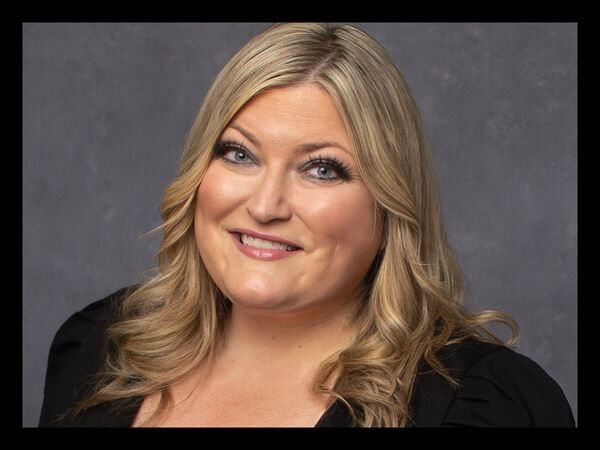Latinos in Memphis worry about possible immigration crackdown by Trump's crime task force
News > National News

Audio By Carbonatix
8:54 PM on Wednesday, September 24
By ADRIAN SAINZ
MEMPHIS, Tenn. (AP) — When President Donald Trump created a task force to fight crime in Memphis, his order included the deployment of the National Guard and various federal agencies to, among other goals, enforce federal immigration law in the Tennessee city.
One of the departments included in the Memphis Safe Task Force is Homeland Security, which oversees Immigration and Customs Enforcement. That has some Latinos worried that the surge will be used to target them at homes, schools and where they work as part of Trump's plan for mass detentions and deportations of immigrants around the country.
Sandra Pita, a mother of six who is a U.S. citizen of Mexican descent, said she and other Hispanic people in Memphis fear that their friends and relatives, even those who are legally in the U.S., could be caught up in the crackdown.
“My concern as a Latina is they will be targeting people with brown skin color, Black skin color, even my children who are citizens, and the children of other mothers who are born here in Memphis,” said Pita, who was born in California.
Opponents of the deployment call it an unnecessary move and a federal occupation of a city that instead needs more funding to address poverty and other drivers of crime. Supporters say it's a welcomed infusion of law enforcement personnel that, despite recent improvements in crime statistics, still needs help battling violent acts such as carjackings and murders.
“This is no occupation. It's an investment,” Tennessee state Sen. Brent Taylor, a Republican who supports the deployment, said during a recent GOP rally.
Tennessee Republican Gov. Bill Lee has said publicly he would not expect more than 150 National Guard members to be sent to Memphis. Lee has not officially signed an executive order to deploy members yet. An unknown number of officers from other agencies, from federal immigration authorities to drug enforcement agents, would also be involved.
Mayor Paul Young, a Democrat, has said he didn’t ask for the deployment and doesn’t think it’s the way to reduce crime. In his weekly newsletter released Friday, he said he spoke with officials in Washington who said the National Guard in that city served as “eyes and ears on the streets, more like a large-scale neighborhood watch than frontline police officers" who worked to beautify the city and address homelessness, which he said would help Memphis as well.
Still, data from the federal operation in Washington shows that more than 40% of the arrests made over the monthlong operation were related to immigration, an Associated Press analysis found.
It's unclear when National Guard troops will arrive, though officials have said it could happen within a week.
The governor’s consent to the National Guard stands in sharp contrast to Democratic leaders in states like California and Illinois, who argue similar deployments undermine local authority and inflame tensions. The president has also suggested he could send soldiers to New Orleans, another majority-Black city led by Democrats in a Republican-leaning state.
Roughly 10% of Memphis' population is Hispanic, according to Census data. Since Trump took office in January, community groups have been educating Memphis' Latinos about their rights and what to do if they are approached by agents questioning their immigration status.
These organizations have handed out small red cards with instructions in English and Spanish, such as people should avoid opening their doors to agents who don't have a warrant and not sign anything without a lawyer present.
Other groups are working to inform residents on social media about real-time law enforcement activity that could involve immigration operations.
Mauricio Calvo, CEO of Latino Memphis, said he recognizes that crime is an important issue in Memphis, but he does not support the National Guard deployment. Calvo said he was surprised that many Latinos he's spoken with approve of the deployment, and he worries that some people don't understand the implications.
“I don't think they understand the potential consequences on racial profiling and actual deportations," Calvo said.
Calvo pointed out that a former prison in the rural town of Mason, located east of Memphis, has been turned into an ICE detention facility with hundreds of beds.
“I'm afraid this could rapidly pivot into large numbers of detentions for immigrants or people who look or sound like immigrants,” he said.
Casey Bryant, a lawyer who works with Latino immigrants, said she is concerned that some National Guard and law enforcement agents could be unfamiliar with immigration law.
“It could cause a lot of chaos and confusion and has the potential of depriving people of their due process rights in the immigration context, and probably also in the criminal context,” Bryant said.
Immigrants should be ready for possible run-ins with law enforcement, including making preparations for their families if they are detained and contacting a lawyer who could help them, Bryant said.
“Everybody is trying to prepare for how to live with this kind of presence,” she said.










